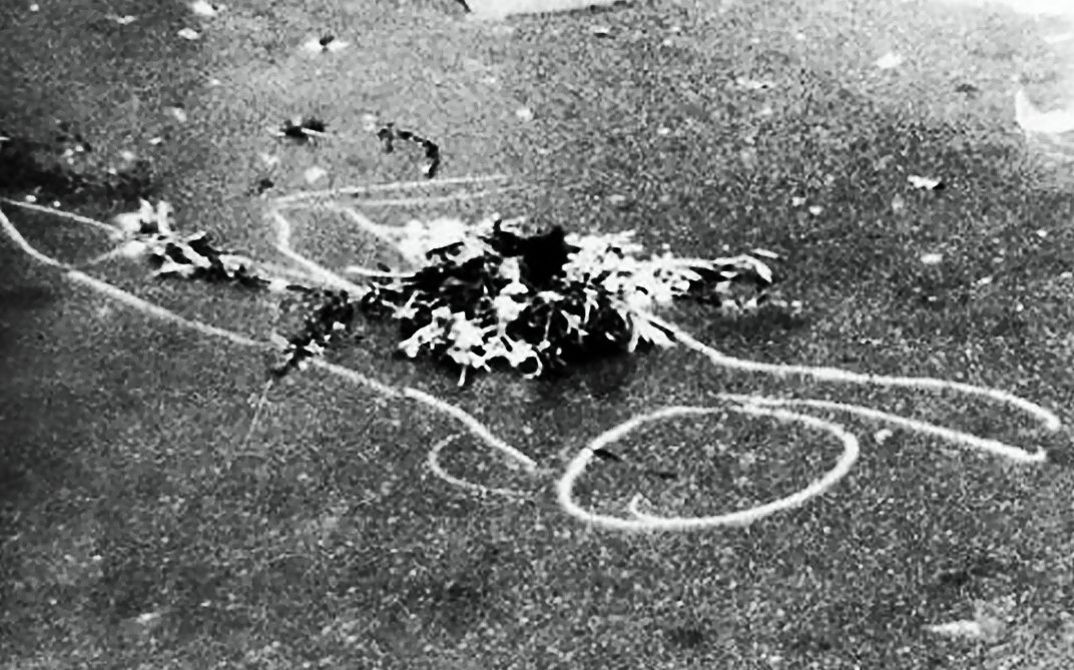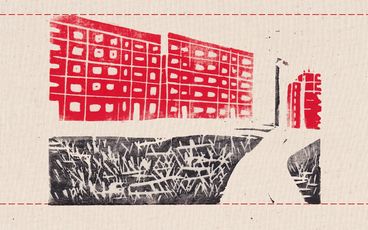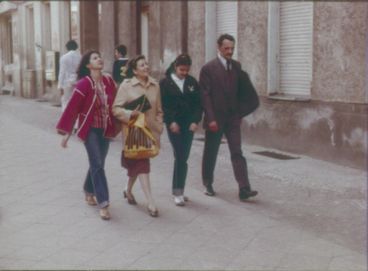“Fiktionsbescheinigung” (literally “fiction certificate/certificate of fictionality”) is a concept used in German officialese. When people from non-EU countries apply to have their residence permits extended, they receive this particular certificate to cover the period during which their application is processed, thus enabling them to prove their temporary right of residency in Germany. Yet this period is a time of insecurity for them nonetheless. Will the application be rejected or approved? Processing can take several months and sometimes even years. The application itself would actually be more enough to prove the right of residency, but the German authorities seemingly prefer a more bureaucratic approach.
With this in mind, the film series “Fiktionsbescheinigung. 16 Cinematic Perspectives on Germany,” poses the question: who is able to enter German cultural history, cinemas and the film canon and who is left outside? Who determines what is shown? What can be done about how roles are traditionally attributed within the cultural industry?
Anyone who assumes that we in Germany in 2021 live in an open, differentiated society to which people or previous generations of their families who immigrated to the country decades previously belong without question will repeatedly be confronted with a racist reality. And as long as this racism continues to seep into images and narratives, it will hardly come to a halt at the barriers before film sets either, nor at the fictional spaces on the big screen or the devices on which we watch content at home.
“Fiktionsbescheinigung” responds to this situation with the idea of a fluid list of films from the last four decades. The series sees itself as a snapshot of an ongoing, self-determined process of intervention and protest. Each of the films functions as a suggestion as to how the white German gaze can be countered with diverse, intersectional perspectives, with all of them having one thing in common: their own visual and textual practice of testimony from within, not from the margins. Several works in the “Fiktionsbescheinigung” programme deal directly or indirectly with the absurdities of bureaucracy (JORDMANNEN) or the Kafkaesque obstacles that lie in the way of citizenship and belonging (DIE TÜRHÜTER, BRUDERLAND IST ABGEBRANNT). Others carve out paths across the land and through the cities, exploring places mostly unknown to the majority society despite their forming a lively part of Germany (AUSLANDSTOURNEE) or researching biographies for which the same applies (ZİYARET, VISIT).
Some treat the white gaze with humour (IN THE NAME OF SCHEHERAZADE). Important documents from the past (18 MINUTEN ZIVILCOURAGE, BLACK IN THE WESTERN WORLD) receive the visibility they should have received since their creation. Others grapple with generational conflicts in this country of immigration (GÖLGE) or have children look at the lives of their parents (SORGE 87). And yet others remember the victims of racist violence (DER ZWEITE ANSCHLAG) or express their diversity via plot and character structures which propose subtle, narratively well-integrated forms of critique (EXILE, THE TEAR, AUF DEN ZWEITEN BLICK, FAKE SOLDIERS). One film even allows itself the freedom of jumping into the future to imagine a better world (OCTAVIA’S VISIONS).
In the process, “Fiktionsbescheinigung“ encourages viewers to ask themselves where these films have been previously hiding and why the majority of them have not been accessible to a wider audience. The series thus offers a basis for discussion so that exclusion and discrimination in front of and behind the camera, at festivals, in archival and canonisation processes and in the distribution and reception of films in Germany can be properly talked about. This discussion will be extended in a three-day panel programme to take place virtually to present the diverse perspectives that can point the way for German film and show how racism in film can be grappled with.
Enoka Ayemba, Karina Griffith, Jacqueline Nsiah, Biene Pilavci, Can Sungu
Translated from the German by James Lattimer



